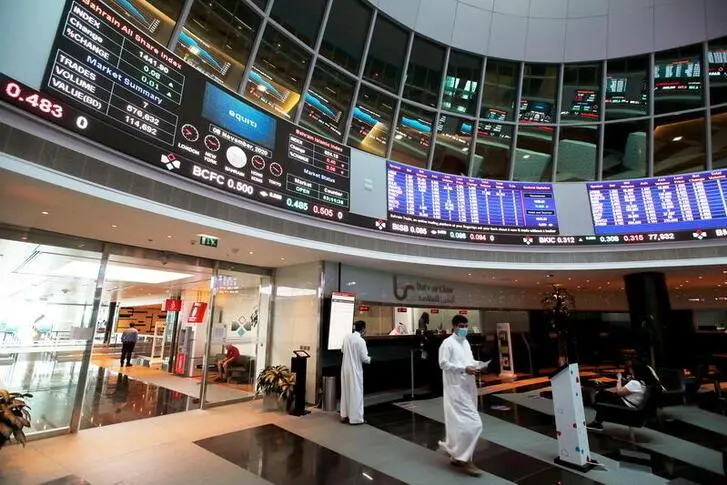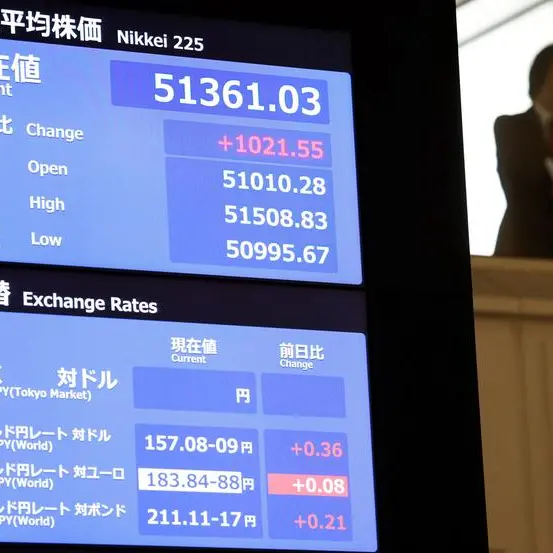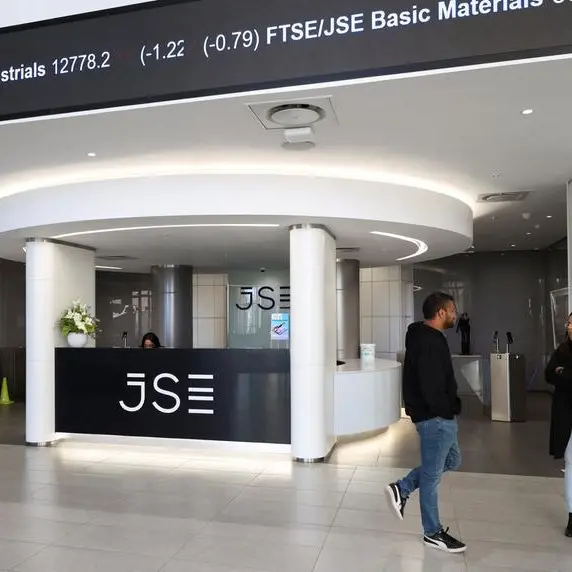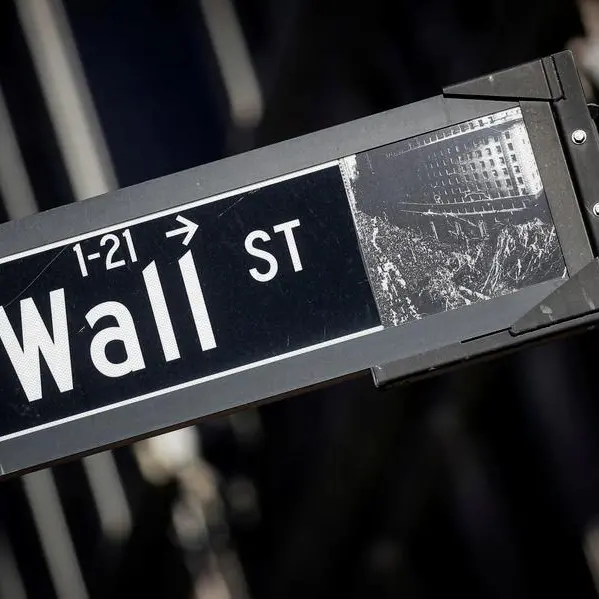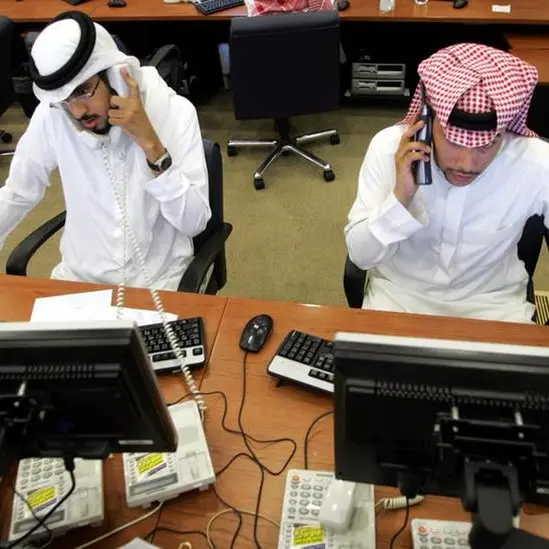PHOTO
The Bahrain Bourse All Share Index surged in February 2025, delivering the best regional performance with a 4.3 per cent gain, closing at 1,960.23 points, shows analysis by Kuwait-based Kamco Invest.
This marked the index’s steepest growth in 14 months, rebounding from two consecutive months of losses.
Sectoral performance was overwhelmingly positive, with only one of seven sectors declining. The Real Estate Index spearheaded the gains, climbing 10.4pc, driven by a 13pc increase in Seef Properties’ shares. The Materials Index followed, rising 6.6pc, bolstered by a similar increase in the shares of Alba, one of the largest aluminium smelters in the world.
The robust performance by Alba was attributed to a significant 54.6pc year-on-year (y-o-y) surge in 2024 net profits, reaching BD184.5 million, up from BD118m in 2023.
According to Bloomberg data, Bank ABC led share price gains with a 17.2pc increase, followed by Seef Properties (13pc) and Arab Insurance Group (9.2pc). Bank ABC reported a record-high $285m in net profit attributable to shareholders for 2024, a 21pc y-o-y increase, citing strong core business growth. Arab Insurance Group also saw a substantial profit jump, from $14.3m in FY-2023 to $26.4m in FY 2024.
Conversely, Bahrain Cinema Company experienced a 2.9pc share price decline, followed by AlAbraaj Restaurant Group (1.7pc) and Beyon (0.4pc).
Trading activity on the bourse saw a dramatic increase, primarily due to a large trade of nearly 295 million Alba shares. Total volume traded soared to 374.7m shares, compared to 15.9m in January 2025. Total value traded also surged to BD382.5m from BD5.5m in January. Alba dominated trading volume and value, with 294.5m shares traded and BD364.9m in value, respectively.
In economic news, Fitch Ratings reaffirmed Bahrain’s B+ rating but revised its sovereign rating outlook to Negative from Stable, reflecting high debt, rising interest burdens, and persistent budget deficits.
Zooming out, Gulf Cooperation Council stock markets experienced a slight downturn in February, closing the month with a 0.4pc decline in the MSCI GCC index, despite early gains, as large-cap stocks faltered. This pullback occurred even as three of the region’s seven exchanges posted positive results.
The regional market’s tepid performance mirrored broader global trends, including a decline in US markets, attributed to concerns over a potential U.S. economic slowdown, the ongoing geopolitical tensions between Russia and Ukraine, elevated valuations, and uncertainties surrounding trade policies. Additionally, crude oil prices fell 4.7pc during the month, pressured by increasing supply.
Among individual exchanges, Bahrain emerged as the top performer, closely followed by Kuwait with a 4.1pc increase. Dubai also recorded a 2.6pc rise. Conversely, Saudi Arabia saw the largest decline, falling 2.4pc, with Oman, Qatar, and Abu Dhabi experiencing drops of 2.1pc, 1.8pc and 0.2pc, respectively.
Year-to-date, the GCC index remains in positive territory, up 2.6pc, reflecting gains from the beginning of the year. Kuwait has been the standout performer, with a double-digit 10pc gain, while the UAE markets and Saudi Arabia have also seen smaller increases. Oman, Bahrain, and Qatar, however, have experienced year-to-date declines.
Sector-wise, the majority of GCC sectors faced headwinds in February. Insurance, healthcare, and utilities sectors saw mid-single-digit declines. Large-cap sectors such as materials and energy also fell, declining 5.1pc and 1.7pc, respectively. On the upside, the real estate sector led the gains, rising 2.5pc, followed by telecom and banks, which increased 2pc and 1.9pc, respectively.
avinash@gdnmedia.bh
Copyright 2022 Al Hilal Publishing and Marketing Group Provided by SyndiGate Media Inc. (Syndigate.info).
